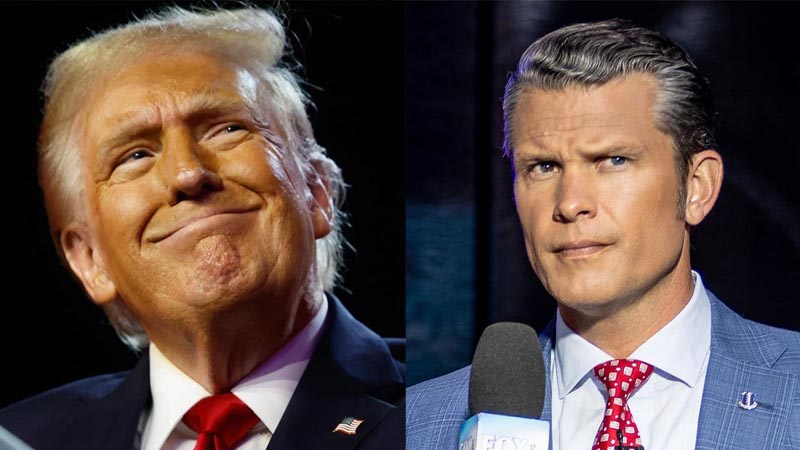“This is what I’m trying to tell you”Concerns Arise Over Judge Aileen Cannon’s Courtroom Conduct in Trump’s Case

(Getty Images)
Reports from the U.S. District Court for the Southern District of Florida depict Judge Aileen Cannon, who presides over former President Donald Trump’s obstruction of justice trial, as showing signs of insecurity and difficulty in grasping legal arguments presented in her courtroom. This portrayal raises concerns about her handling of the high-profile case, which involves Trump’s alleged illegal retention of government documents.
Journalists covering the proceedings have observed Judge Cannon repeatedly asking attorneys to restate their points, suggesting either a struggle to comprehend the responses or an attempt to challenge the lawyers’ explanations. The New York Times’s Alan Feuer highlighted instances where Cannon’s interactions with counsel seemed to reflect confusion or dissatisfaction with the explanations provided, particularly during an exchange with attorney Stanley Woodward Jr.
Woodward, representing a co-defendant, requested that prosecutors share internal communications that might indicate a vindictive motive in the prosecution. Despite Woodward’s straightforward request, Judge Cannon asked for clarifications multiple times, which led to apparent frustration among the legal teams involved.
This pattern continued with prosecutor David Harbach, who, after being asked to elaborate on his responses multiple times by Cannon, explicitly stated that Woodward’s request lacked factual or legal foundation. Harbach’s evident frustration culminated in a firm admonition from Judge Cannon to maintain composure, marking a tense moment in the courtroom.
These interactions are emblematic of ongoing challenges and have sparked discussion regarding Judge Cannon’s effectiveness and impartiality, especially given her recent appointment to the bench by Trump himself. Critics and observers express concern that her courtroom management might impact the fairness and efficiency of a trial with significant national implications.
David Harbach, one of the prosecutors, was asked to discuss Woodward’s request, and had to elaborate a second time for her “But Judge Cannon seemed to miss his point,” Feuer wrote before adding Harbach grew visibly frustrated when she asked him a third time, at which point Harbach “said as plainly as he could that Mr. Woodward’s request had no basis in either fact or law,” before loudly stating, “This is what I’m trying to tell you.”
As the trial progresses, the legal community and the public continue to scrutinize Judge Cannon’s role and her handling of a case that could have far-reaching consequences for legal precedents concerning presidential conduct.


